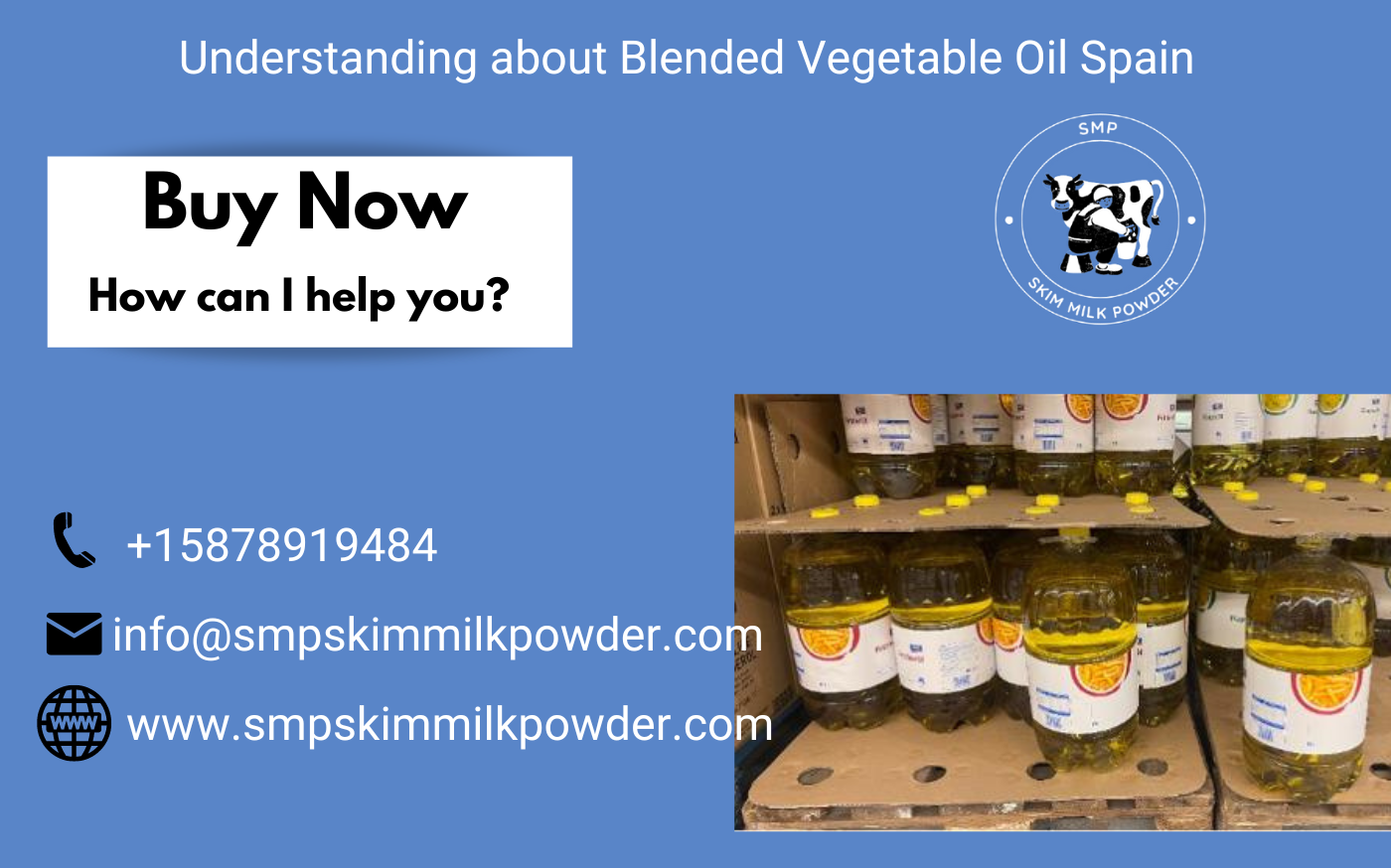If you are considering buying a sunflower oil distribution business, there are several factors to consider to ensure a successful acquisition. A sunflower oil distributor acts as a crucial link between manufacturers and the end-users, which include retailers, restaurants, and food processors. Here’s an in-depth look at what to consider and expect when exploring a sunflower oil distributor for sale.
Key Considerations When Buying a Sunflower Oil Distribution Business
- Market Research and Demand Analysis:
- Local Demand: Assess the demand for sunflower oil in the target market. Identify key customer segments, such as grocery stores, restaurants, and food manufacturers.
- Market Trends: Understand current market trends, including the shift towards healthier cooking oils and organic products. sunflower oil distributor for sale near hamburg
- Supplier Relationships:
- Existing Contracts: Review existing supplier contracts and relationships. A distributor with strong, reliable supplier networks is crucial for maintaining consistent supply.
- Quality Assurance: Ensure that the suppliers meet quality standards and provide high-quality sunflower oil.
- Financial Health:
- Revenue and Profit Margins: Examine the distributor’s financial statements, including revenue, profit margins, and cash flow. Consistent revenue and healthy profit margins indicate a stable business.
- Debts and Liabilities: Assess any outstanding debts or liabilities that may affect the financial stability of the business. sunflower oil distributor for sale near kiel
- Operational Efficiency:
- Inventory Management: Evaluate the inventory management systems in place. Efficient inventory control can reduce costs and prevent stockouts or overstock situations.
- Logistics and Distribution Network: Review the logistics and distribution network to ensure timely and cost-effective delivery of products. Sunflower oil distributor for sale near me
- Customer Base:
- Diverse Customer Portfolio: A diverse customer base reduces the risk of dependence on a few large clients.
- Customer Relationships: Strong, long-term relationships with customers can provide a steady revenue stream.
- Brand Reputation and Market Position:
- Reputation: Assess the distributor’s reputation in the market. A strong reputation can provide a competitive advantage. Sunflower Oil wholesale price
- Market Share: Determine the distributor’s market share and position within the industry.
- Compliance and Regulatory Requirements:
- Licenses and Permits: Ensure that the distributor has all the necessary licenses and permits to operate legally.
- Food Safety Standards: Compliance with local and international food safety standards is crucial for the distribution of edible oils. Sunflower Oil wholesale price
- Growth Potential:
- Expansion Opportunities: Identify potential opportunities for expanding the business, such as entering new markets or adding complementary product lines.
- Technology and Innovation: Look for opportunities to leverage technology for improved operational efficiency and customer service.
Steps to Acquire a Sunflower Oil Distribution Business
- Due Diligence:
- Comprehensive Review: Conduct a thorough due diligence process to verify all aspects of the business, including financial health, operational efficiency, and legal compliance.
- Risk Assessment: Identify potential risks and develop strategies to mitigate them.
- Valuation:
- Fair Market Value: Determine the fair market value of the business. Consider using professional valuation services to ensure accuracy.
- Negotiation: Negotiate the purchase price and terms based on the valuation and due diligence findings.
- Financing:
- Funding Options: Explore various funding options, including bank loans, private investors, and seller financing.
- Financial Planning: Develop a financial plan that outlines the expected expenses and revenue post-acquisition.
- Transition Planning:
- Transition Period: Plan for a transition period where the current owner may stay on to help with the handover.
- Staff Retention: Ensure key staff members are retained to maintain business continuity.
- Integration:
- Business Integration: Integrate the new business into your existing operations, if applicable. This may involve aligning processes, systems, and cultures.
- Marketing and Branding: Update marketing strategies and branding to reflect any changes and to attract new customers. KTC Sunflower Oil price wholesale
Conclusion
Acquiring a sunflower oil distribution business can be a lucrative investment, provided thorough research and careful planning are undertaken. Key considerations include understanding the market demand, evaluating supplier and customer relationships, assessing financial health, and ensuring compliance with regulatory requirements. By following a structured acquisition process, you can successfully transition the business and position it for future growth and profitability.

